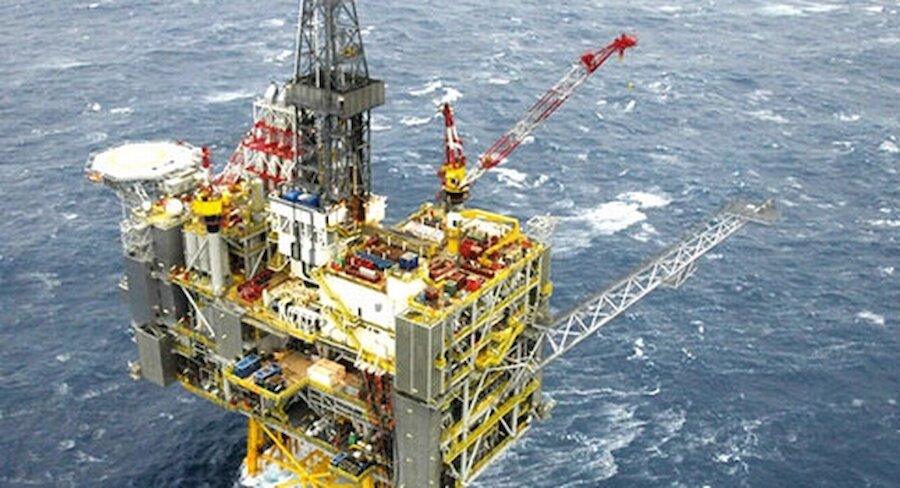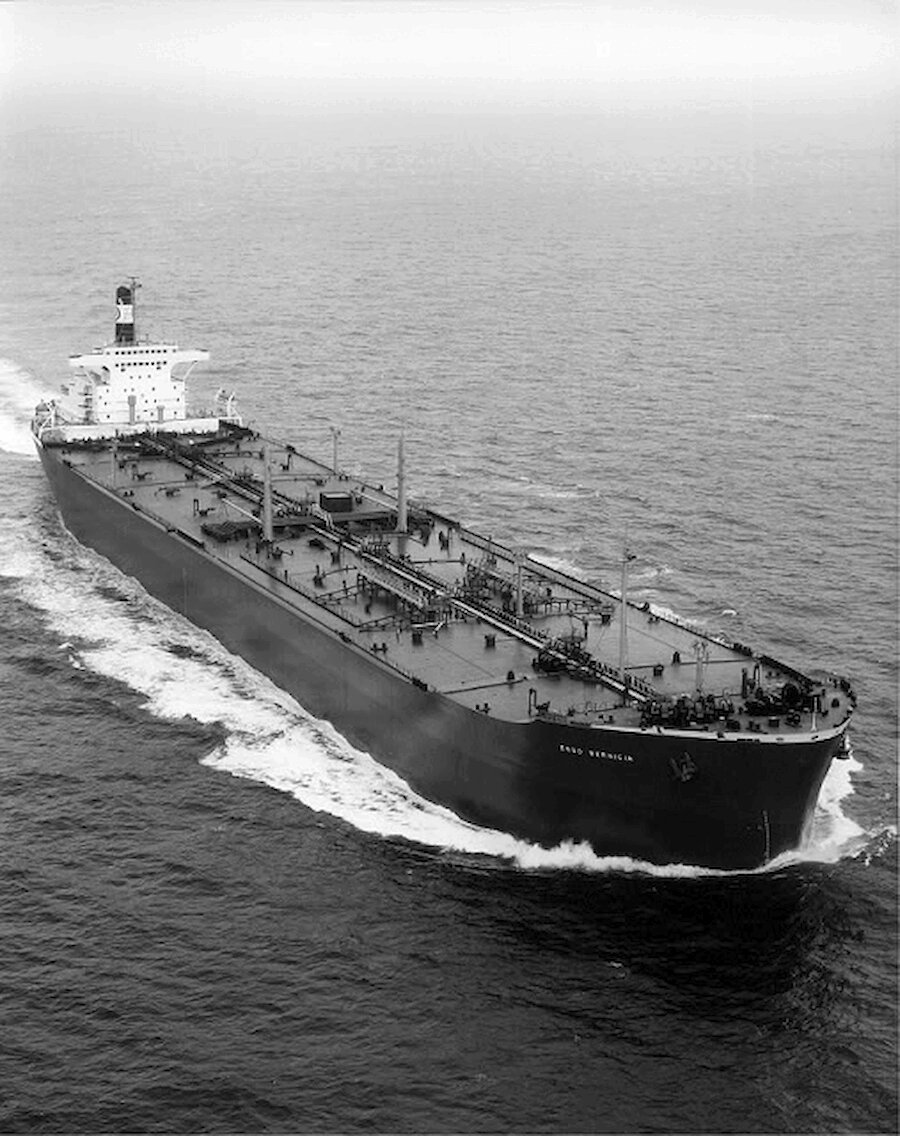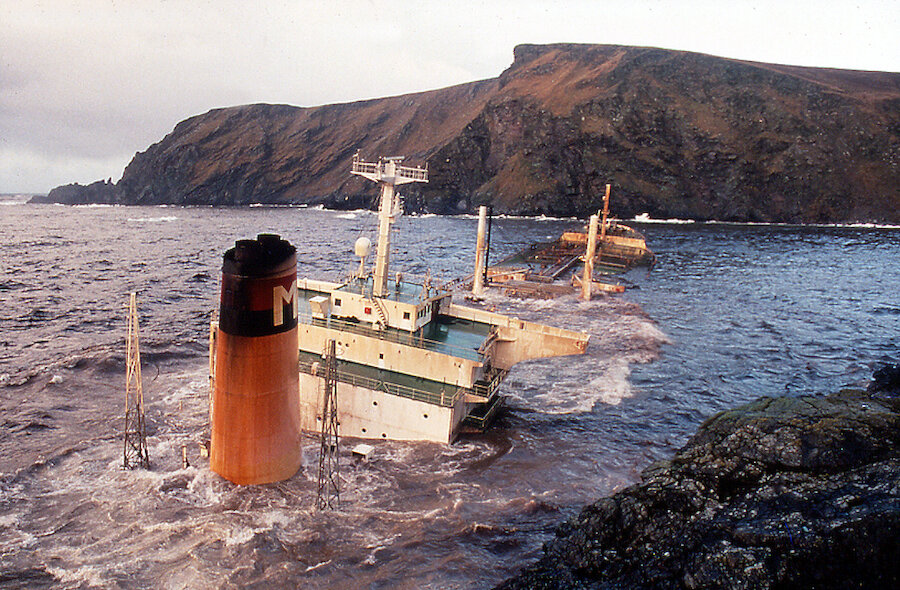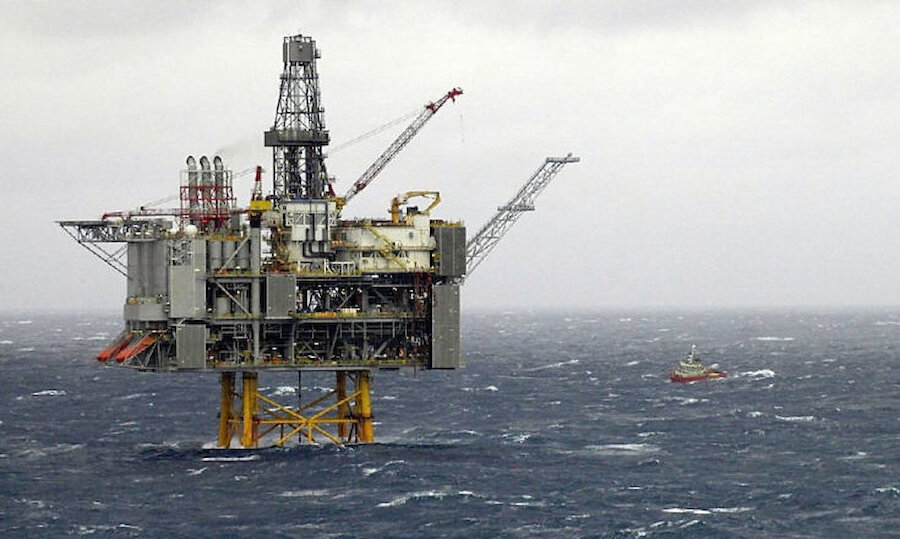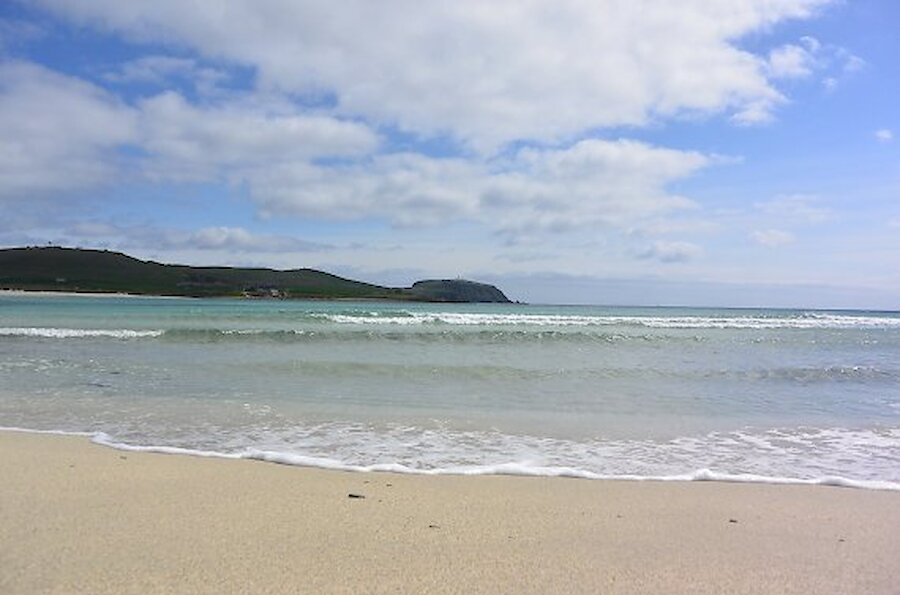The ripples of concern that spread throughout the Shetland community when news broke of the Clair oil ‘leak’, ‘spill’ or ‘release’ was completely understandable. This is a place which has had an intimate relationship over the decades with the oil industry, has regarded it with a suspicious and sometimes jaundiced eye, but has reaped immeasurable benefits.
The biggest oil terminal in Europe, Sullom Voe, has provided a flow of cash which has in many ways protected Shetland from the economic woes suffered elsewhere in the UK. And the much-feared environmental disasters have by and large been prevented by a safety and anti-pollution regime reckoned to be among the best in the world.
There have, however, been two events that caused considerable damage to Shetland’s wildlife and coastline. One, early in the isles’ relationship with Big Oil, was the Esso Bernicia spill of 1978 and led directly to the imposition of stricter rules and better response measures.

